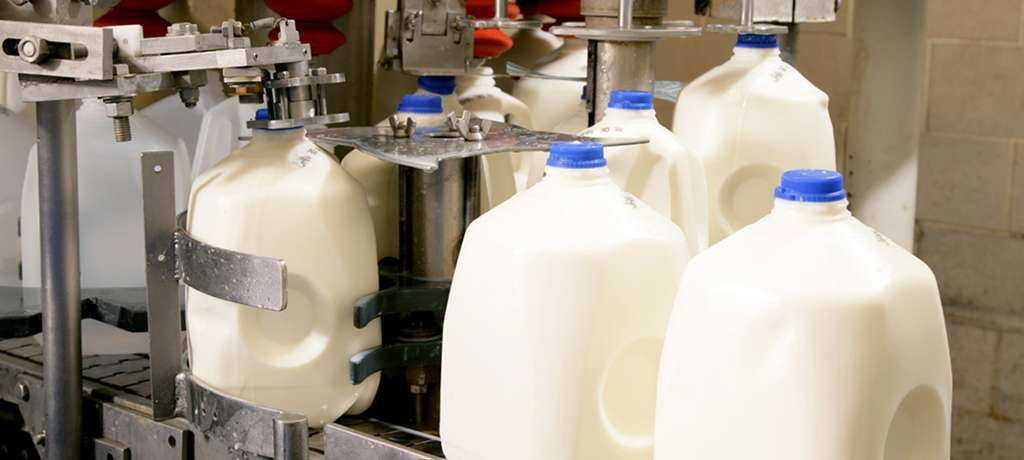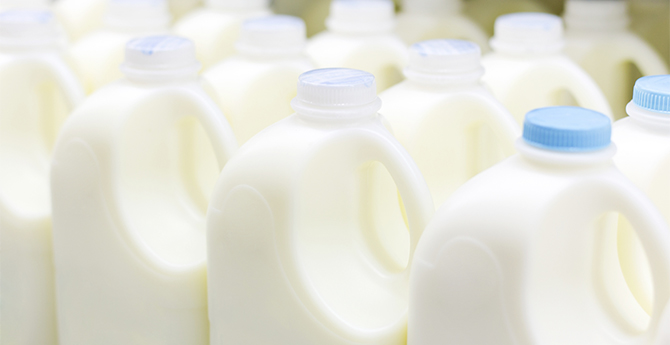ADDED SUGAR VS. THE NATURAL SUGARS FOUND IN MILK: KNOW THE DIFFERENCE.
As you probably know, overindulging in refined sugar—whether it’s “white sugar” or high fructose corn syrup—can reportedly lead to a host of health problems, including obesity, type 2 diabetes, high blood pressure, dental problems like cavities, and possibly even an increased risk of cancer. On the other hand, naturally occurring sugars like the lactose found in cow’s milk are quickly broken down into glucose, which provides energy to fuel your body, sharpen your brain and bolster athletic performance. What’s more, the lactose and whey protein found in dairy milk can reportedly help prevent fat from building up in the liver, all while promoting healthy teeth and bones. Meanwhile, milk’s generous serving of protein can reportedly keep you feeling fuller longer, thus dissuading you from overeating throughout the day. (Added sugar certainly doesn’t do any of this.)
Interestingly, milk is one of only three beverages currently recommended by the USDA for its nutritional value. According to its newin the Dietary Guidelines for Americans released in January 2021, “beverages that are calorie-free—especially water—or that contribute beneficial nutrients, such as fat-free and low-fat milk and 100% juice, should be the primary beverages consumed.” And while you may still want to indulge in protein shakes and protein pancakes after your next big workout, you should probably think twice before reaching for that nuclear-orange sports drink: These sugar-laden drinks are full of wasted calories and can potentially promote weight gain, a host of dental issues, and possibly even ADHD due to the food dyes splashed into these drinks (per Verywell Fit).
Interestingly, the Dietary Guidelines also state that sugary beverages like sports drinks “contribute to over 40 percent of daily intake of added sugars” among Americans, while “about 90 percent of the U.S. population does not meet dairy recommendations.” That’s a shame, since research shows milk can reportedly do the work—as effectively or even more so—that sports drinks do, when it comes to recovering after athletic performance. As Dairy Nutrition reports, “research to date suggests that milk may be as effective as or even more effective than commercially available sports drinks as a rehydration beverage post endurance exercise.”
The point is clear: People who think naturally occurring sugars like lactose should be lumped into the same category as the added sugars found in processed food are potentially doing a huge disservice to their health. After all, milk provides 13 nutrients including calcium, zinc, potassium, vitamin D that are essential for keeping your body fit and functioning to the best of its ability. (Does your protein bar or protein powder do all of this?) When it comes to quenching your thirst, it always pays to remember exactly why milk is still considered the gold standard when it comes to a nutritious, delicious beverage.




